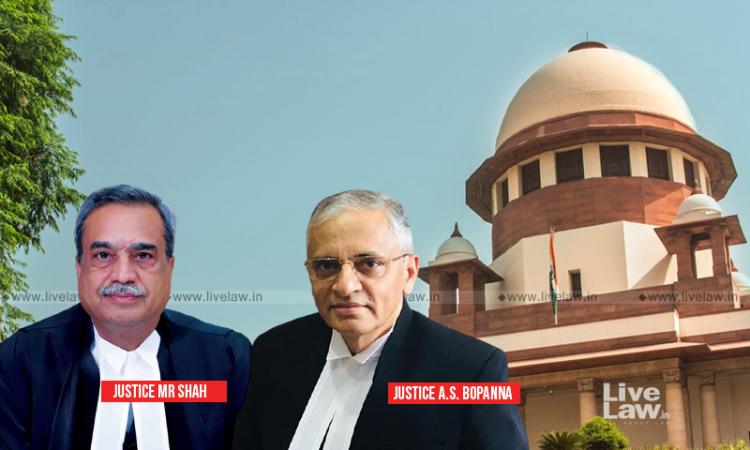The Supreme Court has observed that Fourth Schedule and Section 9A of the Industrial Disputes Act, 1947 would be attracted if transfer of workmen results in change of service conditions and nature of work. Section 9A of the ID Act says that employer should give a notice to employee regarding any change in the conditions of service applicable to any workman in respect of any matter specified...

